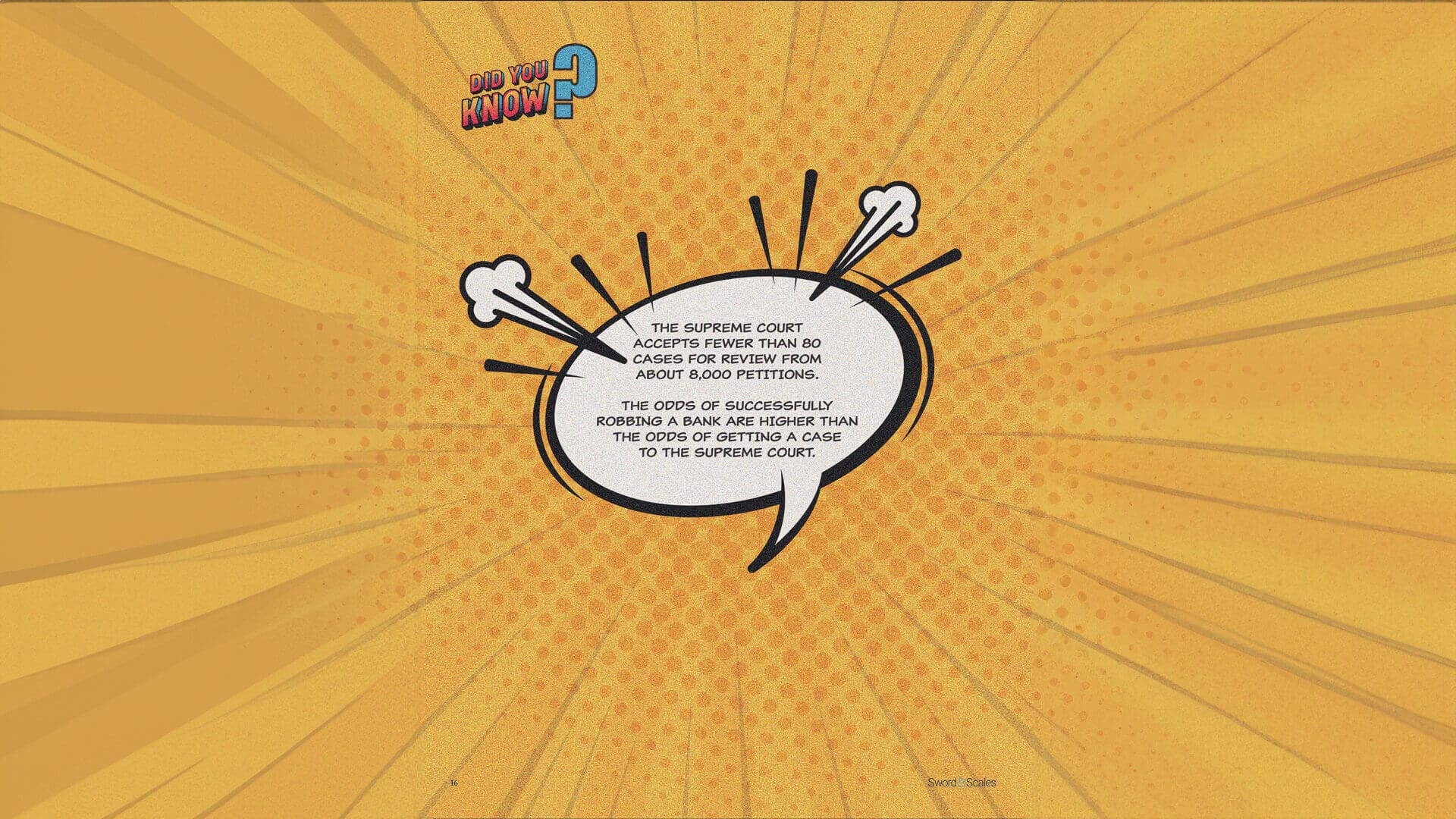IF YOU’RE BAFFLED by reports of surging enthusiasm for socialism in America and by the confusion that the term engenders, it helps to look closer at the works of socialism’s most prominent proponent: the German theorist Karl Marx.
Depending on where you stand, Marx is either basically right or hilariously wrong about everything; he’s either the prophet of our age or the most evil man ever to put pen to paper.
As with most things, however, the truth is more modest and more interesting: The truth is that if we are to understand Marx—but more importantly, if we are going to argue against Marx’s philosophies—we have to read Marx.
Reading Marx helps us make sense of our “socialist” moment. Reading Marx also helps those committed to private property, individual liberty, and a market society make a fundamental and crucial distinction: the distinction between true, ideological socialism as conceived by Marx, and the simple redistributionist policies that our current welfare state promises.
Marxism in Brief
While there are many aspects of Marx’s theory, this piece focuses on two critical elements.
The first is his description of alienation— discussed most prominently in his Economic and Philosophic Manuscripts of 1844. Alienation is straightforward enough—it’s an abiding feeling of unease, the feeling that we are not at home in the world around us and in our everyday lives. This feeling courses through modern art and literature, from Kafka to Office Space, from American Psycho to Dilbert.
In The Manuscripts, and particularly in the essay “Estranged Labor,” Marx describes the alienating effects of wage labor for workers and owners. Marx argues we are born to create and convert the world around us into new, useful, and beautiful objects—unique and meaningful manifestations of our personalities. But these objects fail to appear under a system of wage labor. They get snuffed out by a system that forces workers to sell their creative capacities just to survive.
We can learn two things from this. First, Marx’s descriptions of alienation are not themselves alien to us. At one time or another, we all are struck by the idea that there is something insidiously “off” about everyday existence. Second, from Marx’s perspective, there is something fundamentally irreconcilable about capitalism and human happiness—we are not at home here, and we never will be. Marx’s socialism requires systematic social, economic, and political change—real, hand-to-God revolution.

This brings us to a second relevant feature of Marx’s thought: its thoroughly revolutionary character and hostility to the piecemeal reform of liberal capitalism. Though he often describes, in highly moralized language, the industrial European working class’s material deprivation and suffering, Marx does not deny the incredible productive energies unleashed by liberal capitalism. He does not pretend capitalism’s problem is that it makes mankind poorer.
He also does not claim that a worker’s plight can be reduced to the fact that she is poor, or that she has less than others. The worker’s plight is, quite simply, that she is a worker—that she is exploited due to her position in the class structure, that she cannot escape a world in which she cannot be free. Thus—and crucially—efforts to improve the material conditions of the poor may actually delay her liberation by softening the misery of everyday life under capitalism and putting off the revolution for another day.
How Reading Marx Clarifies Today’s Debates
On the one hand, the welfare state advocates redistribution to alleviate suffering. On the other, socialism advocates overturning the entire system of social and economic relations that produced that wealth.
Grasping this distinction allows us to make sense of the concerns that animate appeals to “socialism.” Self-avowed socialists’ objections to liberal capitalism are spiritual rather than material in nature. They claim that capitalism deprives people of dignity, of good and meaningful work.
It makes no sense to respond to such complaints by pointing out that unemployment is low, or that flatscreen TVs have become very cheap. Defenders of market society must pair battle-tested arguments about the material prosperity produced by capitalist societies—arguments that remain widely accepted today—with new and thoughtful arguments about the status and future of moral and meaningful life in commercial societies. But those arguments can be formulated only through serious engagement with Marx and his ideas.
Dr. Brandon Turner is an Assistant Professor in the Department of Political Science at Clemson University, where he works in political theory.







